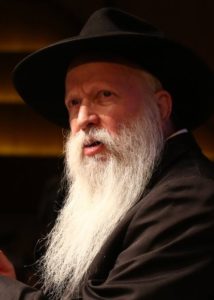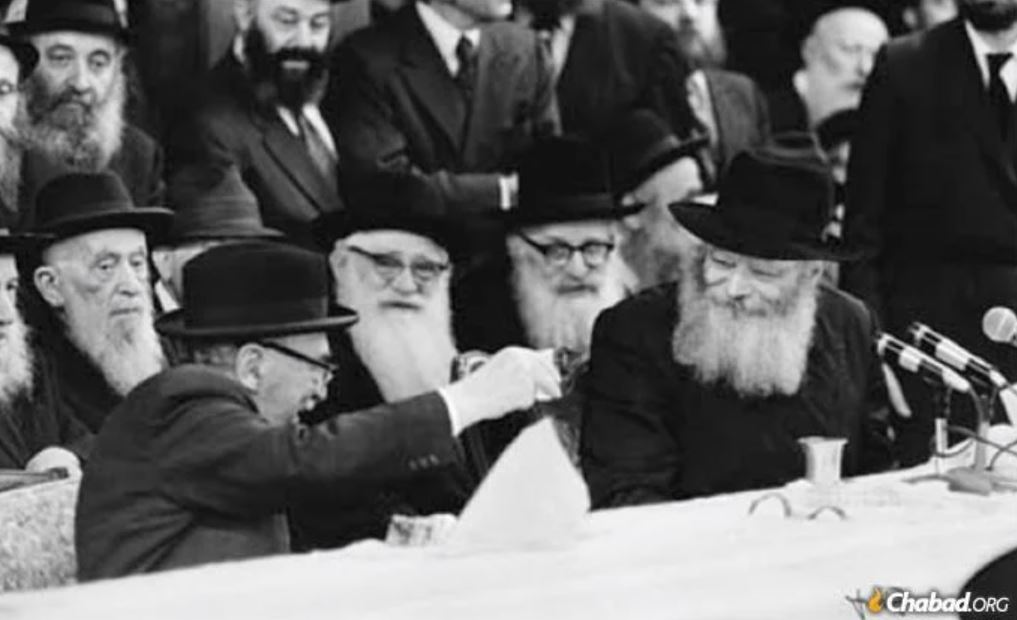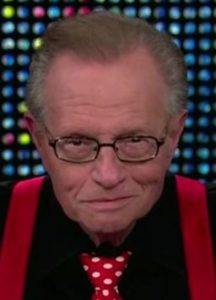“The Angel”
Yitzchak Feivish Ginsburgh (b. 1944) was born in St. Louis, Missouri and grew up in Cleveland, Ohio. He was recognized as a math prodigy when still a child. While spending a year in Israel as a teenager, Ginsburgh began learning Torah and becoming more religiously observant. He went on to study philosophy and mathematics, and got a Master’s degree in the latter. He left his Ph.D studies to go yeshiva in Jerusalem instead, becoming a rabbi. After the Six-Day War, he was one of the first people to move into the newly-liberated Jewish Quarter. Around this time, he met the Lubavitcher Rebbe for the first time and became his disciple, eventually resettling in Kfar Chabad. During the Yom Kippur War, he served as the Rebbe’s emissary to the IDF, and even delivered a lulav and etrog to Ariel Sharon on the front line for Sukkot. After this, Ginsburgh founded the first Chabad House in the Sinai, which was later destroyed when Israel gave up the area in its peace treaty with Egypt. The rabbi went on to head the Od Yosef Chai Yeshiva near Joseph’s Tomb. He has written over 120 books on a variety of subjects, in both Hebrew and English. He is considered one of the world’s foremost experts on Hasidism and Kabbalah, as well as gematria (Jewish numerology), Torah and science, Jewish psychology, and meditation. He is a pioneer of “Hasidic psychotherapy” and is the dean of the Torat Hanefesh School of Hasidic Psychology. Rabbi Ginsburgh is also an avid musician and has composed dozens of popular songs. He has met some controversy in the past for his passionate support of Jewish settlement across all of Israel’s ancestral lands, and for his opposition to government concessions to Israel’s enemies. Despite some of the negative press he has received from the mainstream media, Rabbi Ginsburgh is well-known for his humility, righteousness, profound wisdom, and gentle demeanour. Many refer to him as HaMalakh, “the angel”. Rabbi Ginsburgh has thousands of devoted students around the world, and still presides over a network of Jewish schools in Israel. He is undoubtedly among the greatest contemporary Jewish scholars and religious leaders. Today is his 77th birthday.
Words of the Week
Ours is the first generation in modern times to understand the truly universal human condition and to seek to bring all peoples of the earth together in peace and harmony.
– Rabbi Yitzchak Ginsburgh


 Reuven Rivlin (b. 1939) was born in Jerusalem to a family descended from the great
Reuven Rivlin (b. 1939) was born in Jerusalem to a family descended from the great  Schneur Zalman Rubashov (1889-1974) was born in the Belorussian town of Mir, near Minsk, to a deeply religious Chabad family, and was named after Chabad’s founder,
Schneur Zalman Rubashov (1889-1974) was born in the Belorussian town of Mir, near Minsk, to a deeply religious Chabad family, and was named after Chabad’s founder, 
 Lawrence Harvey Zeiger (1933-2021) was born in Brooklyn to Orthodox Jewish immigrants from Belarus. His father died when he was just a child, leaving the family impoverished. Young Larry was fascinated by radio and always wished to become a broadcaster. In Miami, he found a job cleaning at a radio station and, when the station’s broadcaster suddenly left the show, Larry was given a chance to take his place. The manager said “Zeiger” was not a good stage name, so Larry quickly chose “King” (based on an ad he had just seen for King’s Wholesale Liquor store). He got the job to radio DJ for three hours every morning, earning $50 a week. King soon started doing interviews, too, and would occasionally have a celebrity who was in town to do a show. He was then hired as a commentator for the NFL’s Miami Dolphins. It was in 1978 when The Larry King Show aired its first episode (on radio). It would be broadcast live every weekday at midnight, starting with a one-hour interview and followed by several hours of discussion. By 1985, King was a household name and was hired by CNN to star in a television version of his interview show. CNN’s Larry King Live went on to set a Guinness World Record as the “longest-running TV show hosted by the same person on the same network”. Many iconic moments took place in his studio, including the Perot-Gore debate of 1993 (which became CNN’s most-watched segment ever), and the joint interview of
Lawrence Harvey Zeiger (1933-2021) was born in Brooklyn to Orthodox Jewish immigrants from Belarus. His father died when he was just a child, leaving the family impoverished. Young Larry was fascinated by radio and always wished to become a broadcaster. In Miami, he found a job cleaning at a radio station and, when the station’s broadcaster suddenly left the show, Larry was given a chance to take his place. The manager said “Zeiger” was not a good stage name, so Larry quickly chose “King” (based on an ad he had just seen for King’s Wholesale Liquor store). He got the job to radio DJ for three hours every morning, earning $50 a week. King soon started doing interviews, too, and would occasionally have a celebrity who was in town to do a show. He was then hired as a commentator for the NFL’s Miami Dolphins. It was in 1978 when The Larry King Show aired its first episode (on radio). It would be broadcast live every weekday at midnight, starting with a one-hour interview and followed by several hours of discussion. By 1985, King was a household name and was hired by CNN to star in a television version of his interview show. CNN’s Larry King Live went on to set a Guinness World Record as the “longest-running TV show hosted by the same person on the same network”. Many iconic moments took place in his studio, including the Perot-Gore debate of 1993 (which became CNN’s most-watched segment ever), and the joint interview of